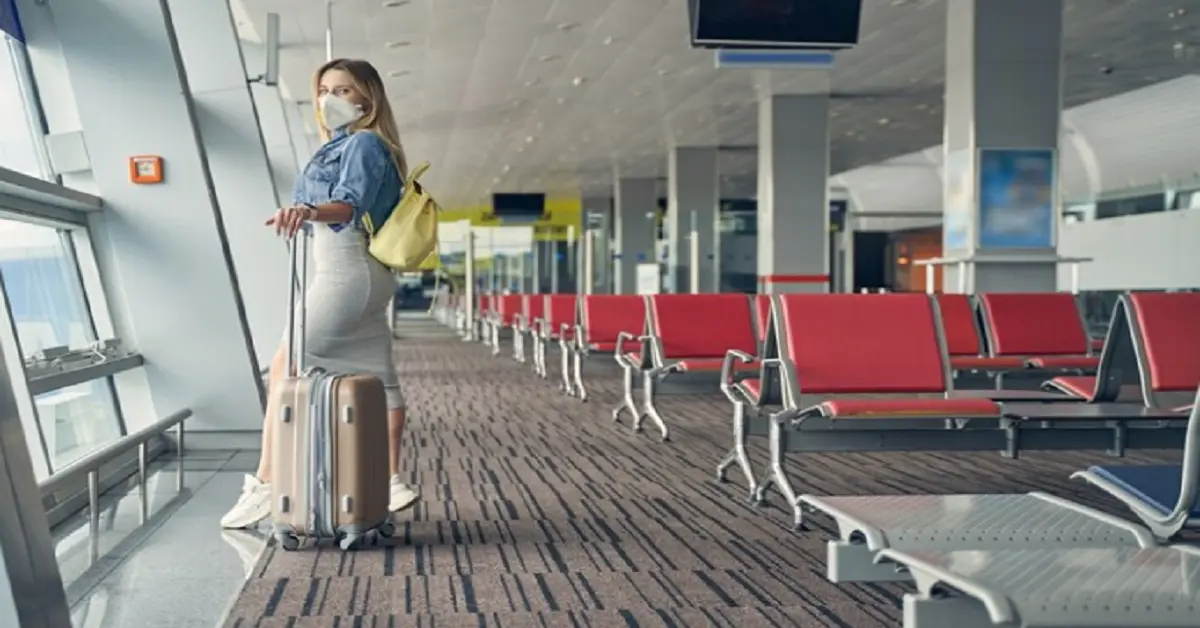Southwest airlines cancels dozens of flights due to dense fog at midway airport.

Introduction
southwest airlines cancels dozens of flights due to dense fog at midway airport. This article explores the reasons behind the cancellations, the impact on operations, passenger experiences, and the airline’s response to the situation.
Explaining Dense Fog at Midway Airport
Dense fog occurs when moisture-laden air near the ground cools rapidly, causing water vapor to condense into tiny water droplets. This phenomenon reduces visibility, making it unsafe for aircraft to take off or land.
Impact on Southwest Airlines Operations
Southwest Airlines, a major carrier operating out of Midway Airport, was forced to cancel dozens of flights due to the dense fog. The cancellations affected both inbound and outbound flights, disrupting travel plans for passengers.
Number of Flights Canceled
The exact number of flights canceled varied throughout the duration of the foggy conditions but was significant enough to cause inconvenience to travelers.
Affected Routes
Flights to and from various destinations served by Southwest Airlines were affected, leading to delays and cancellations across the airline’s network.
Safety Measures During Foggy Conditions
Safety is paramount in aviation, especially during adverse weather conditions like dense fog. Airlines, including Southwest, prioritize passenger safety by adhering to strict guidelines and procedures.
Southwest Airlines’ Response to Cancellations
southwest airlines cancels dozens of flights due to dense fog at midway airport. Southwest Airlines promptly communicated with affected passengers, offering rebooking options and assistance to minimize disruptions to travel plans.
Passenger Inconvenience and Compensation
Despite the airline’s efforts, passengers faced inconvenience and uncertainty due to the cancellations. Southwest Airlines typically provides compensation or alternative arrangements for affected passengers.
Weather-Related Cancellations in the Aviation Industry
Weather-related cancellations are not uncommon in the aviation industry. Airlines regularly monitor weather forecasts and adjust their schedules to ensure passenger safety.
Operational Challenges for Airlines During Adverse Weather
Operating flights during adverse weather conditions poses challenges for airlines, including reduced visibility, potential delays, and the need for additional safety precautions.
Communication Strategies During Flight Cancellations
Effective communication is essential during flight cancellations to keep passengers informed and minimize frustration. Southwest Airlines utilizes various channels to relay information to affected travelers.
Rebooking Options for Affected Passengers
Southwest Airlines offers rebooking options, refunds, or travel credits to passengers affected by flight cancellations. Passengers can contact the airline directly or use online platforms to manage their bookings.
Future Considerations for Southwest Airlines
The airline continuously evaluates its procedures and protocols to improve its response to adverse weather conditions and minimize disruptions to passenger travel.
Importance of Passenger Safety Over Convenience
While flight cancellations may inconvenience passengers, ensuring their safety remains the top priority for airlines like Southwest.
Weather Forecasting and Its Role in Flight Operations
Accurate weather forecasting plays a crucial role in airline operations, allowing carriers to anticipate adverse conditions and make informed decisions to mitigate risks.
Conclusion
Southwest airlines cancels dozens of flights due to dense fog at midway airport. Airport highlight the challenges airlines face in maintaining operations during adverse weather conditions. Despite the disruptions, the airline prioritizes passenger safety and strives to minimize inconvenience through effective communication and assistance.
Read More: Article Readers